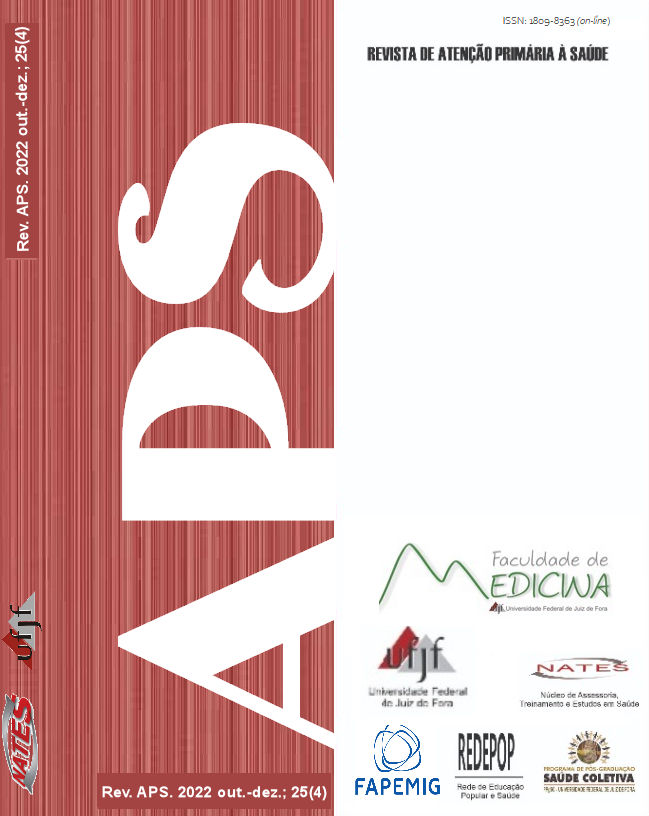Os sentidos do trabalho para enfermeiros da Atenção Primária à Saúde em áreas rurais
DOI:
https://doi.org/10.34019/1809-8363.2022.v25.37165Keywords:
Condições de Trabalho, Enfermagem, Atenção Primária à Saúde, Zona RuralAbstract
This study aims to analyze the senses nurses attribute to their work in Primary Health Care in rural areas. Exploratory, descriptive, qualitative research, carried out with nurses from rural Family Health Strategy teams in the city of Campina Grande, Paraíba. For data analysis, Bardin's Content Analysis technique was chosen. From the analysis of the interviews, eight empirical categories emerged that were grouped into three dimensions. Professionals who work in the rural context have skills that depend on individual, organizational and social dimensions to carry out their routine activities. From this study, it was possible to verify the influence of these dimensions in the attribution of senses to the work performed by nurses in primary health care in rural areas. Furthermore, it is noteworthy that in the educational institutions there is little articulation of teaching, research and extension with the rural health services of the municipalities. This study can contribute to the guidance of nursing research in health systems and services, in order to bring Education closer to the Health sector, especially in the most vulnerable areas, such as rural and remote areas.











